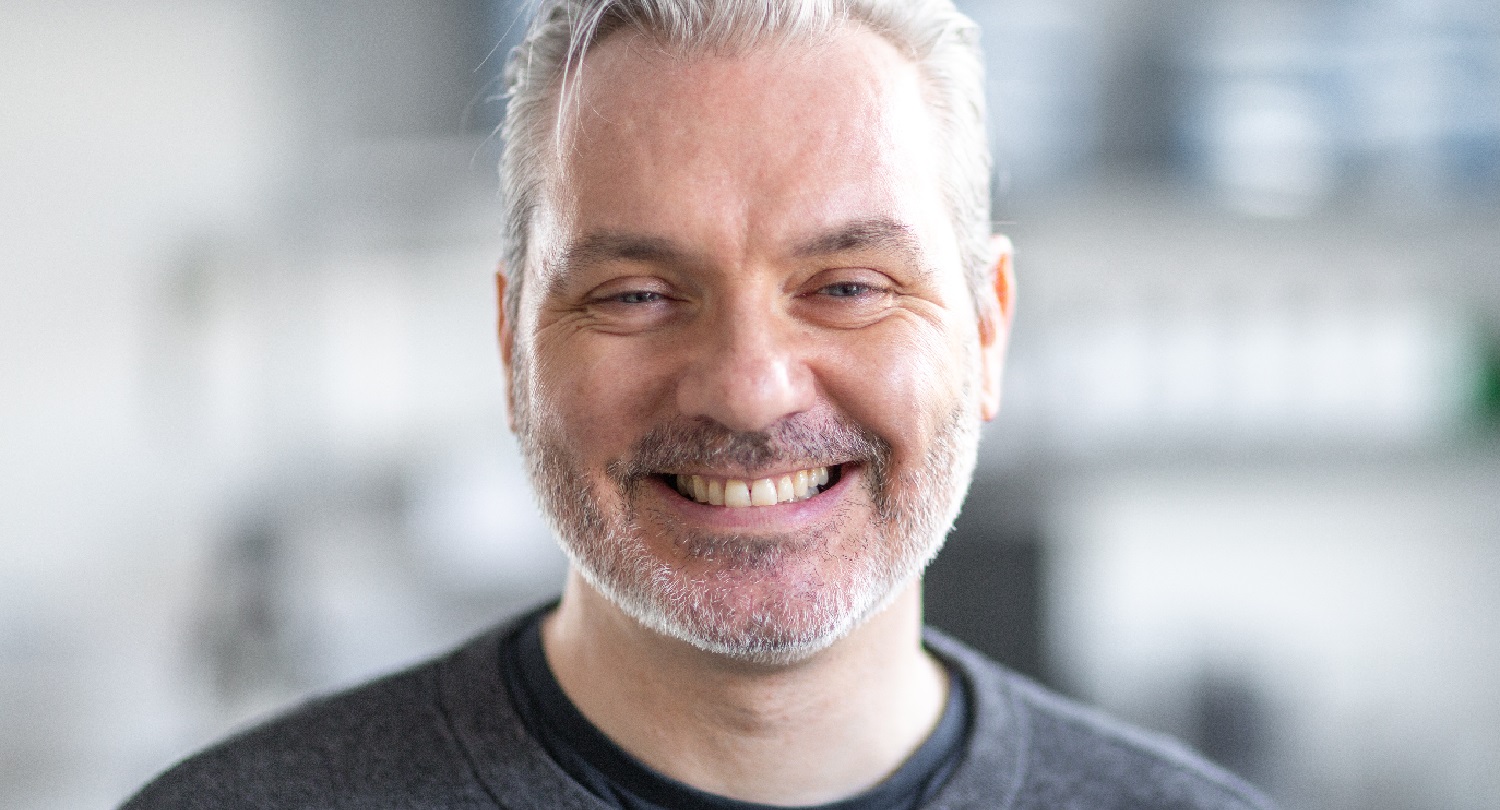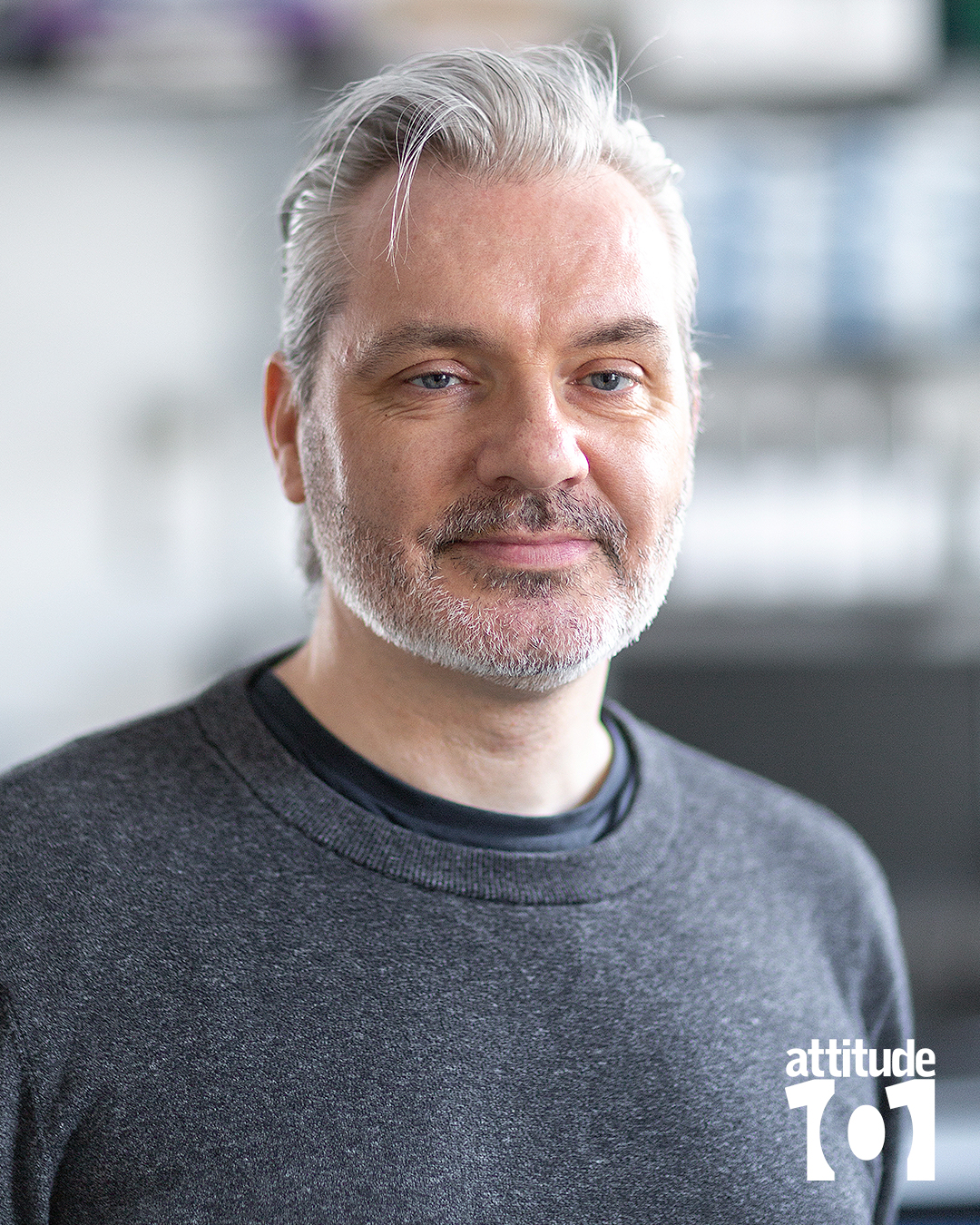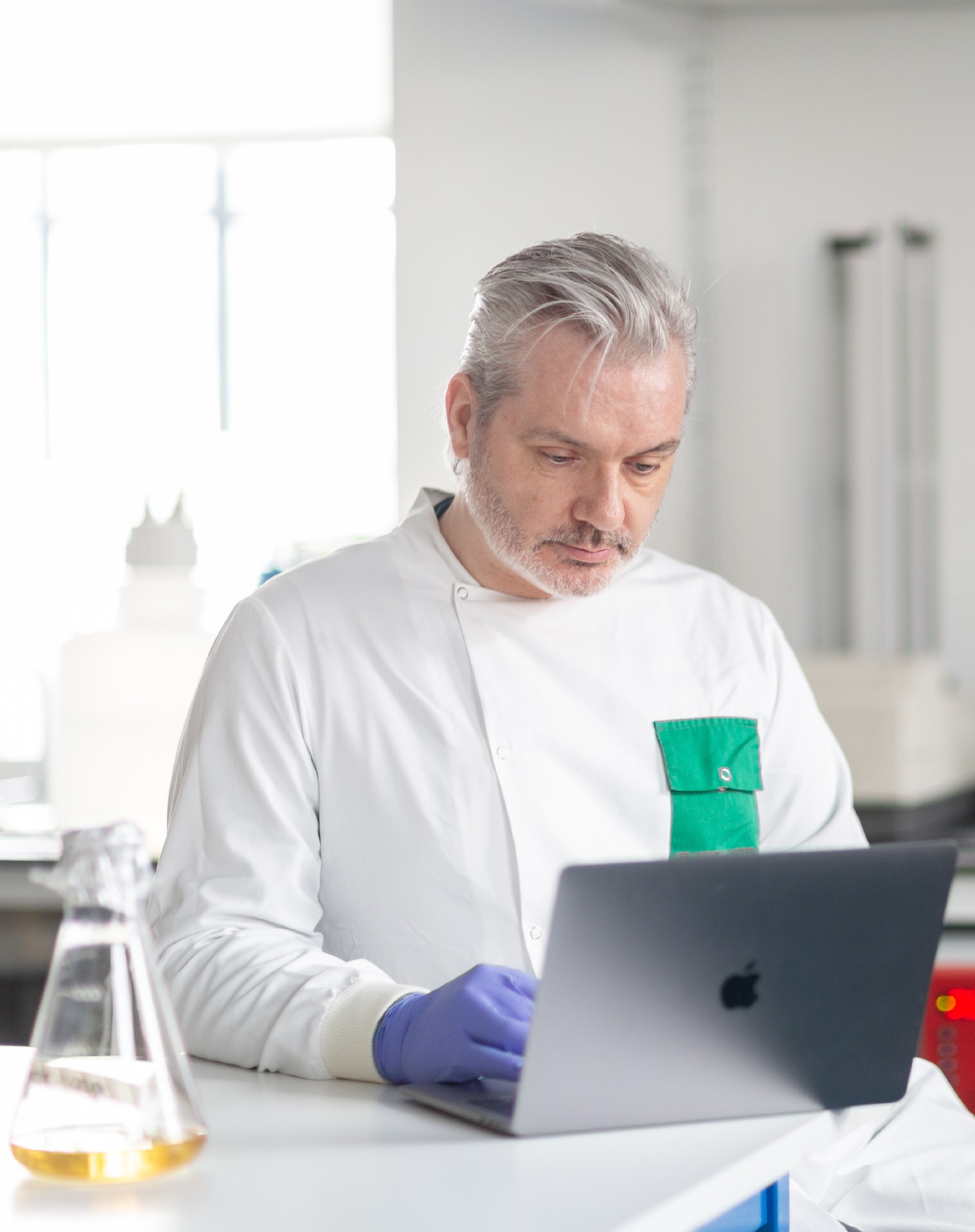The gay man who created a Covid-19 vaccine
Dr Paul McKay leads Attitude 101's Science, Technology, Engineering and Mathematics list celebrating LGTQ trailblazers in the industry.
By Will Stroude

As the Attitude 101 list shines a light on some of the trailblazing LGBTQ people changing the world right now, Dr Paul McKay may just have the biggest impact of all as we enter 2021.
Leading a team of just fourteen – eight working on the vaccine and assay development, and a further six performing analysis of the human clinical trial samples – the Imperial College London scientist has been at the forefront of the development of a vaccine against Covid-19
While this vaccine is new, it was Dr McKay’s work in HIV – and then in recent years for Ebola, Lassa, Rabies and Chlamydia – that helped lead the team to develop a Covid-19 vaccine that is expected to enter phase 3 trails in early 2021.
Unlike other vaccines created by the global pharmaceutical industry, Dr McKay’s vaccine is being developed at Imperial College London with a view to it being an affordable and effective response to the pandemic.
“I designed and made the vaccine and did all of the early testing in animals, and made sure all of the assays are performed correctly, and that the results are correct,” he explains in the Attitude 101 February issue, out now to download and to order globally.

Dr Paul McKay leads Attitude 101’s Science, Technology, Engineering and Mathematics list celebrating LGTQ trailblazers in the industry (Photography: Thomas Angus, Imperial College London)
Dr McKay’s work has led to the creation of what is set to be one of the most robust COVID vaccines available in 2021. “Our vaccine uses a self-amplifying RNA [molecule], whereas the other RNA vaccines are made of messenger RNA. Sounds like a small difference, but our particular RNA is able to make new copies of itself, as well as make the coronavirus surface protein in our cells after it is injected.
“It’s still just a piece of RNA, and so can’t become incorporated into our DNA or change our DNA — RNA is just a coded message to make proteins — but the ability to make new copies of itself means that our version will last longer, make more vaccine protein, and hopefully produce a stronger response in people who receive it.
“The delivery formulation is pretty much the same for all the RNA vaccines. The other major type that we may get here in the UK is the Oxford/AstraZeneca vaccine which is a modified adenovirus (a common cold virus) which had the coronavirus surface protein coating the outside.”

Photography: Thomas Angus, Imperial College London
On the many myths around Covid-19, Dr Paul McKay believes that one of the main misconception around the virus is that it is dangerous only to older people. “Younger people think there are few consequences of catching this virus. Most believe that they may get Covid and will have a short, cold-like illness, or have virtually no symptoms at all, they will recover completely, and life will barely be interrupted,” he says.
“It’s becoming clear that there are a large number of people, about one in 30 people who are infected, who develop a post-viral syndrome called ‘long Covid’, where they have significant long-term illness and some disability. A few people are experiencing this for nine months now.
“A lot of people also think that when they recover, they are then back to full health, but approximately 10 per cent of people studied – and this was young men – had clear damage to their lungs, where scarring was noted as well as damage to other organs, blood vessels and even to the brain. So, really, you don’t want to catch this virus, it’s not ‘just a cold’.”

Photography: Thomas Angus, Imperial College London
Dr McKay is also aware that some people are apprehensive to receive a vaccine that has been seemingly formulated so fast. In actuality, the groundwork of the vaccine from Dr McKay and his colleagues at ICL has been in development for years. “The concerns I hear most often are either about safety, or [I hear] people who think they just don’t need it as they are young and fit,” he says.
“For the safety aspect, these vaccines have been through all of the normal safety assessments that are typically performed on every treatment. And they have passed with flying colours. There have been a few adverse events [reactions], but this is seen with every vaccine.”
He continues: “The second concern about not needing it – as I said above, even for a young person who is very fit and healthy, they may have significant consequences from the disease that aren’t apparent at the moment but that could have a big impact on your future.”
Read the full interview in the Attitude 101 February issue featuring 101 LGBTQ trailblazers, out now.
Subscribe in print and get your first three issues for just £3, or digitally for just over £1 per issue.

